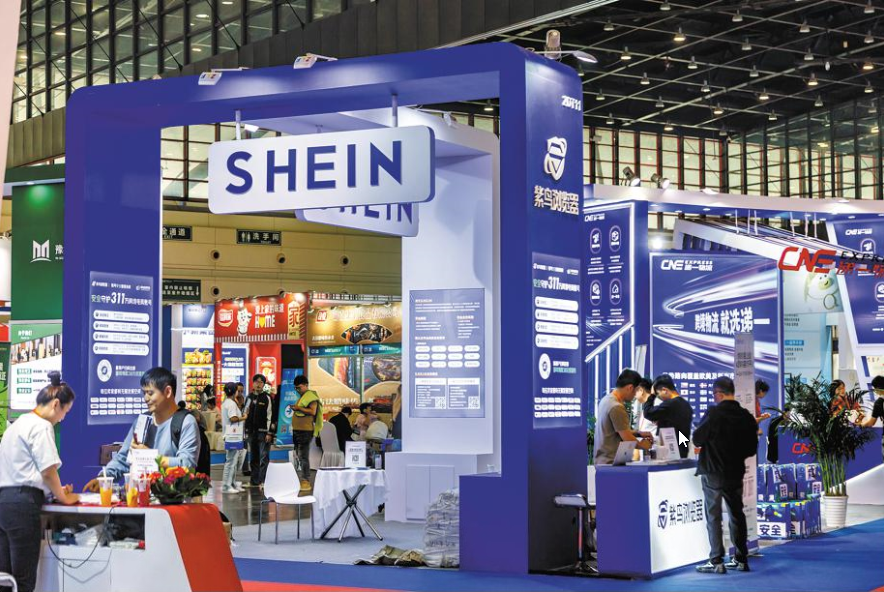
Visitors gather at fast-fashion online retailer Shein's booth during a commerce expo in Zhengzhou, Henan province, in October. (PHOTO/CHINA DAILY)
Zhang Min has taken over his parents' eyeglasses factory, which was founded more than a decade ago in Taizhou, Zhejiang province. The factory mainly received foreign trade orders and supplied various types of glasses for offline brand owners and dealers in the United States in its early stages of development.
However, its orders fell dramatically due to the impact of the COVID-19 pandemic. Looking to expand sales channels and reach more overseas consumers, Zhang decided to shift tactics by using cross-border e-commerce platforms. To bring about this result, Zhang registered with fast-fashion online retailer Shein.
"Consumer preferences vary in different countries, and we should dare to develop new products and open up new overseas markets," Zhang said, adding that her company usually determines whether to increase production in line with the latest sales and market trends, instead of manufacturing new products or stocking up goods blindly.
Zhang said the biggest takeaway since she opened an online store on Shein is that glasses are an important fashion accessory, while young consumers exhibit strong demand for glasses in different scenarios, such as shopping, parties and tourism.
Currently, sales from Shein's online marketplaces have accounted for nearly half of Zhang's total revenue, with its turnover reaching nearly 10 million yuan ($1.38 million) each month.
Zhang is among millions of young Chinese entrepreneurs whose parents run factories that have survived operational difficulties by capitalizing on the emerging cross-border e-commerce platforms and digital technologies to secure new orders from international markets and rev up sales.
Experts said the unique advantage of Shein lies in its "small orders, quick response" model, which refers to using real-time market demand to regulate production.
Based on real-time analysis and tracking of fashion trends, the model involves starting with very small orders. If the sales trend is positive, sellers will ramp up production. However, if the sales fall short of expectations, production will be reduced or halted.
The on-demand production approach not only meets the diversified demand from consumers and bolsters sales, but also minimizes inventory and waste, improves operational efficiency and reduces costs, thus making the production process more agile and flexible and enhancing the competitiveness of products, industry insiders said.
Founded in Guangzhou, Guangdong province, and known for its low prices and large selection of fashionable clothing and accessories, Shein is ratcheting up resources to help Chinese manufacturers and brands expand their presence in overseas markets, and give a strong boost to the transformation of traditional industries by making use of its digital and flexible supply chains.
The company announced plans to extend its outreach to industrial belts in 500 cities in China in September. It hopes to facilitate the digital upgrade of more industrial chains, thereby helping them achieve on-demand supply in terms of production. Shein has covered more than 300 industrial belts across the nation since 2021.
For sellers who are good at designing and producing products, but have no overseas sales and operation experience, Shein said it will provide one-stop services including commodity operations, warehousing, logistics, customer service and after-sales, to help sellers make forays offshore.
In addition, Shein is accelerating steps to build a supply chain project in Guangzhou covering operations, warehousing, stocking, order-picking, distribution, logistics and delivery. The project is expected to create 100,000 jobs and provide support for goods sold overseas.
"As a new form of foreign trade, cross-border e-commerce has become an important driving force for bolstering the steady growth of foreign trade, as well as promoting the transformation and upgrading of manufacturing and global expansion of Chinese-made products," said Zhang Zhouping, a senior analyst tracking business-to-business and cross-border activities at the Internet Economy Institute, a domestic consultancy.
Zhang said an increasing number of Chinese sellers and manufacturing enterprises are leveraging cross-border e-commerce channels that feature innovative and flexible on-demand production models to expand their global footprint, enrich product variety and build up new brands.









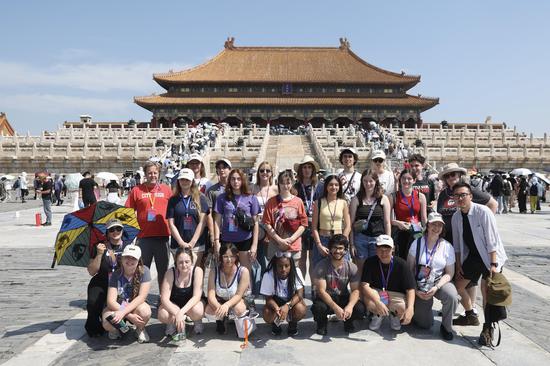






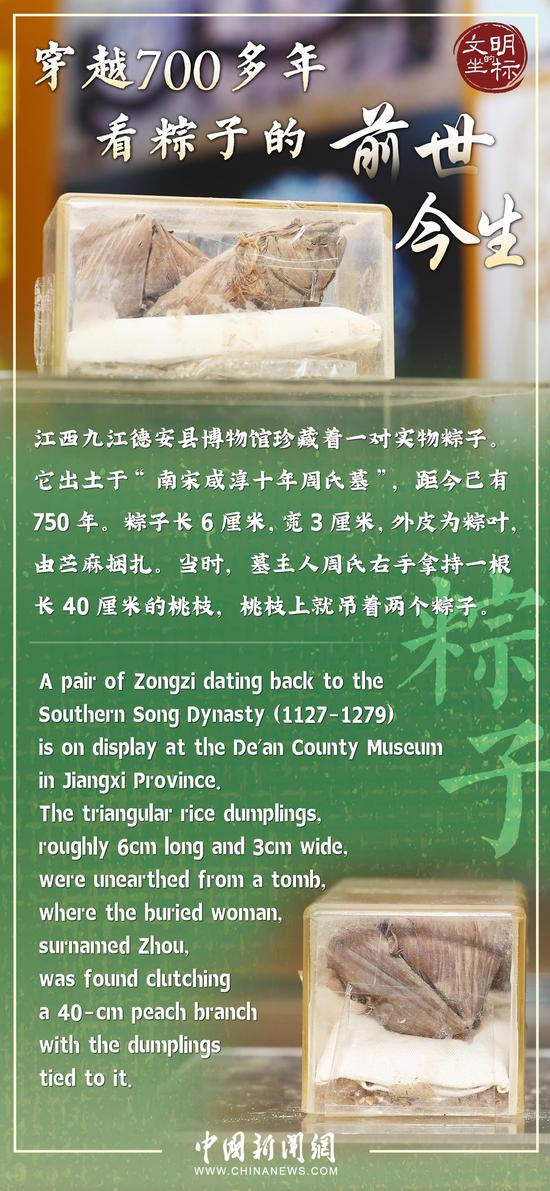





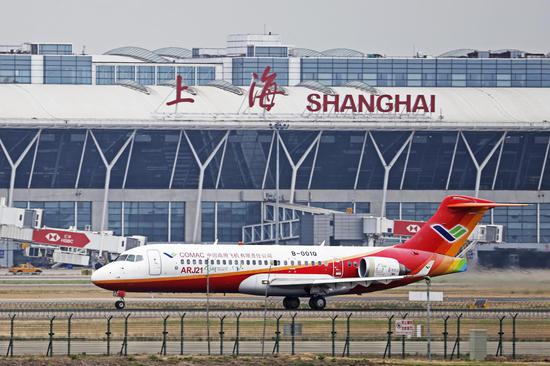



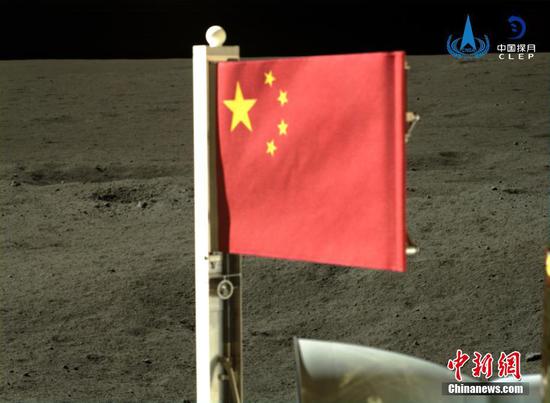






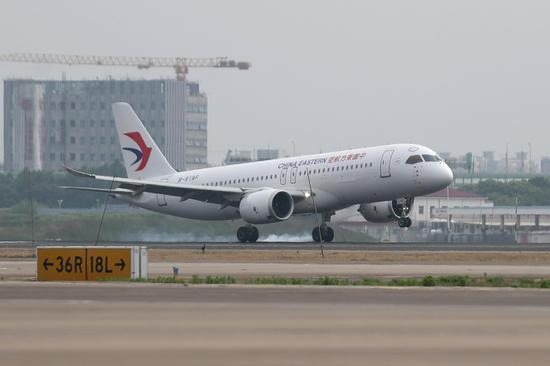
















 京公網安備 11010202009201號
京公網安備 11010202009201號